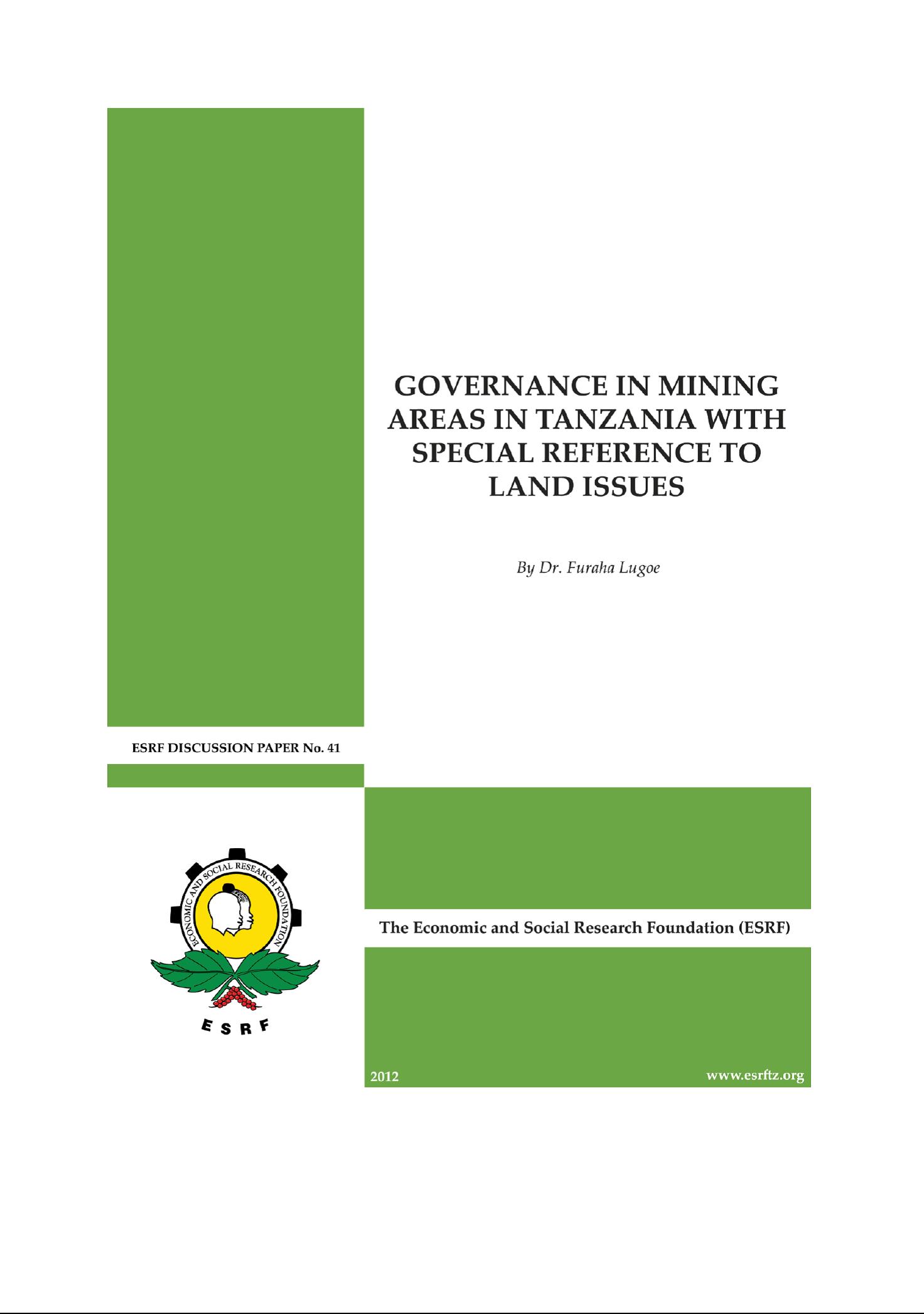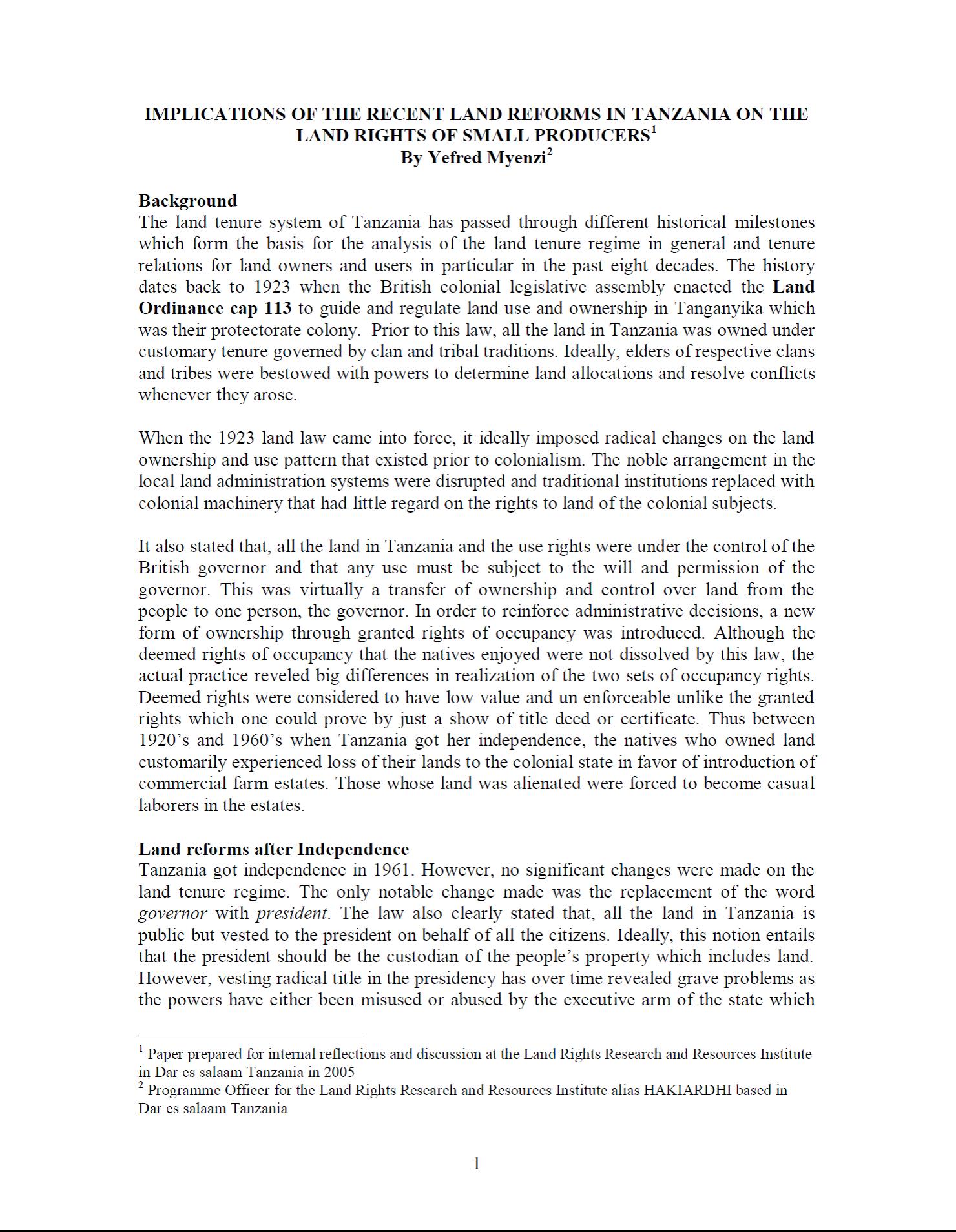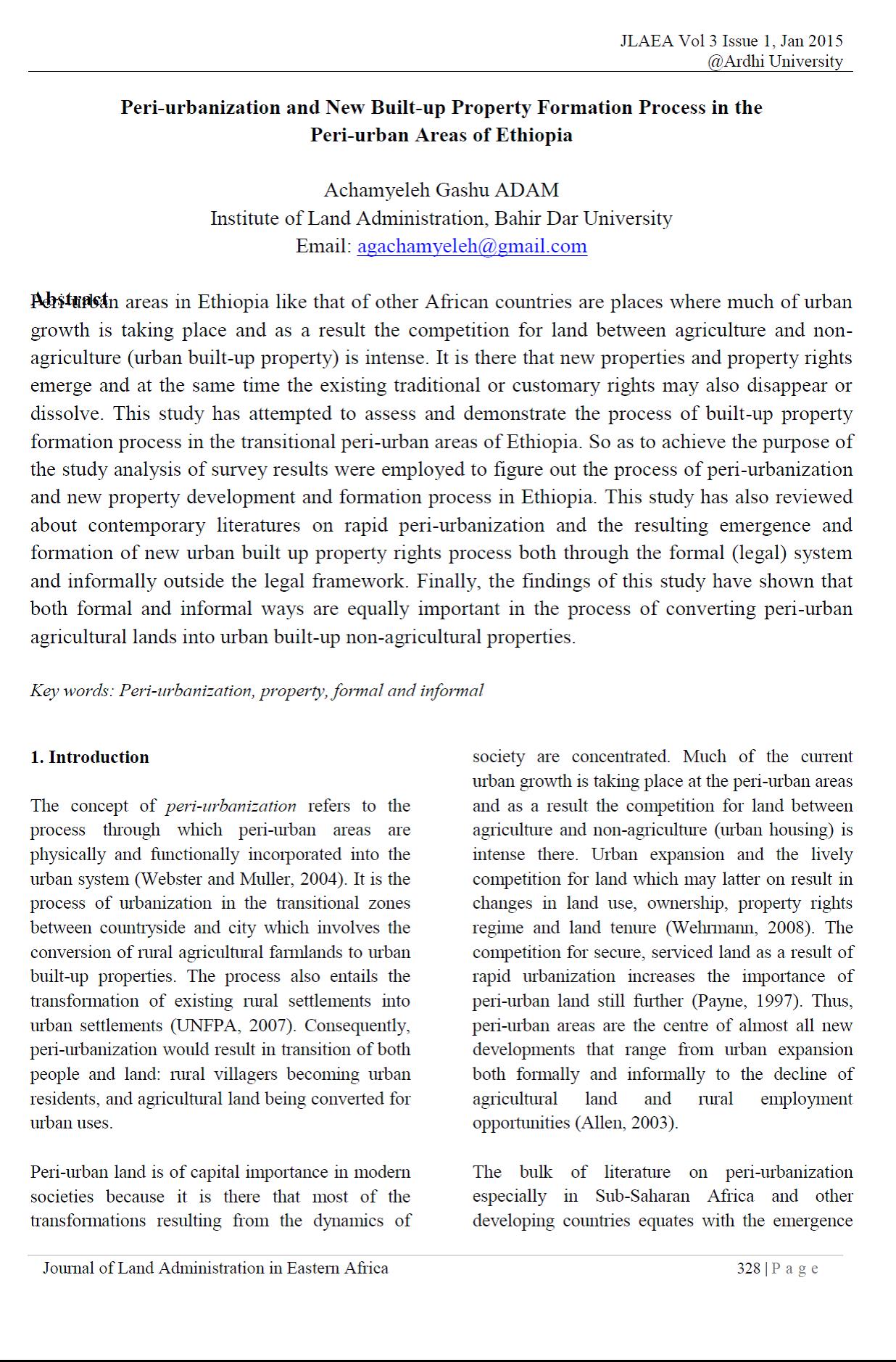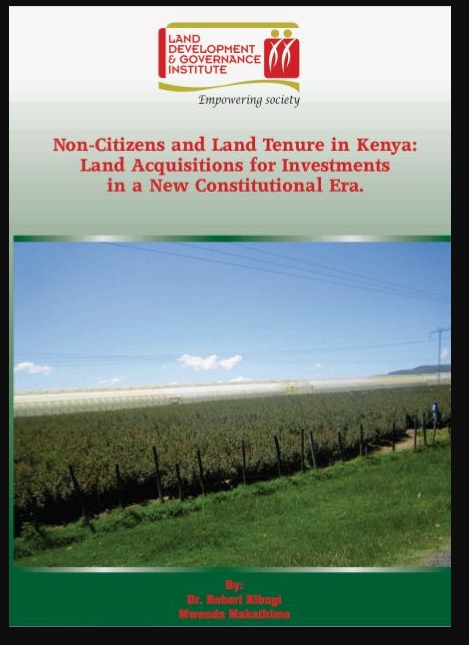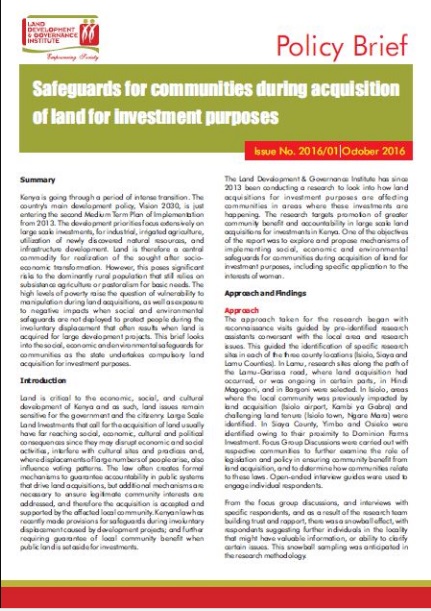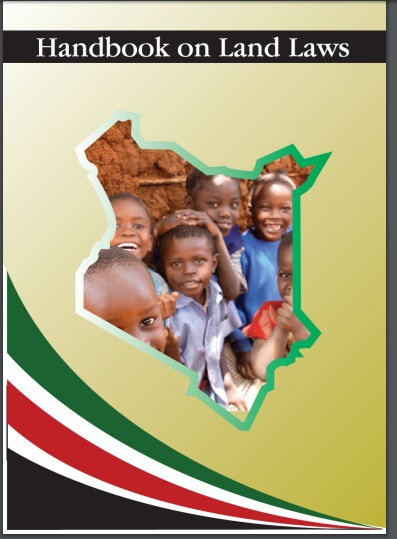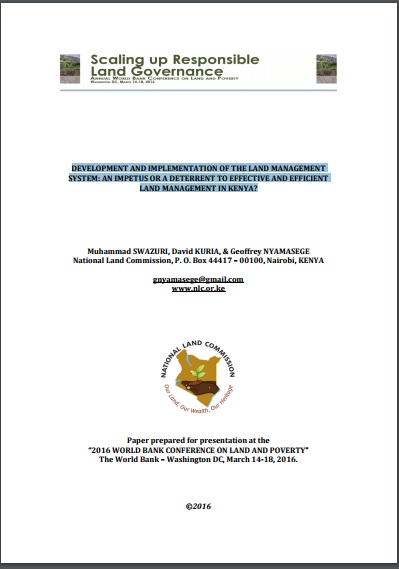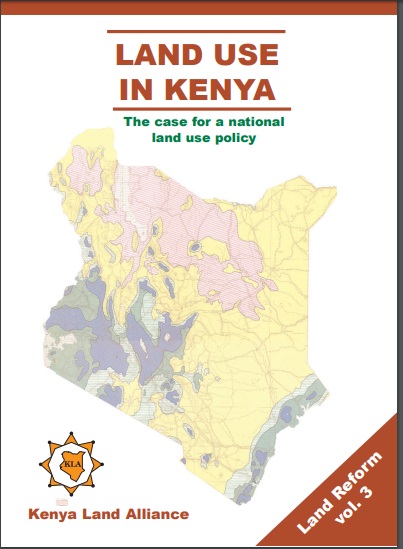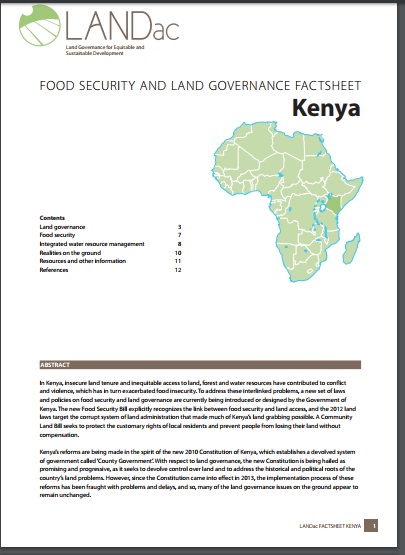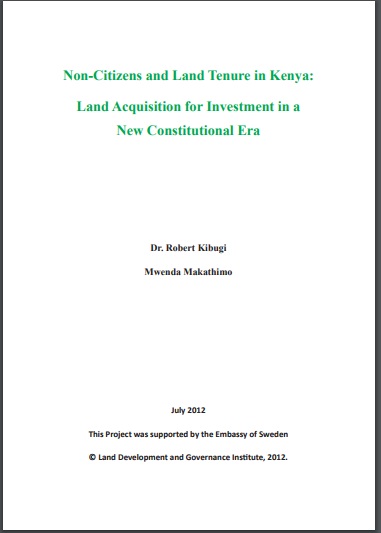Huancalle,el florecimiento de oportunidades: La experiencia familiar de Narciso y Segundina
La experiencia del matrimonio de Narciso Raya y Segundina Poma es un acceso a tierras de tipo familiar, en su condición de comuneros son usufructurarios de las tierras colectivas dentro de la comunidad Huancalle que fue beneficiada con la entrega de tierras perteneciente a una hacienda. En 2010, hubo una reubicación de la comunidad en otros terrenos a raíz de los desastres naturales en la región.


